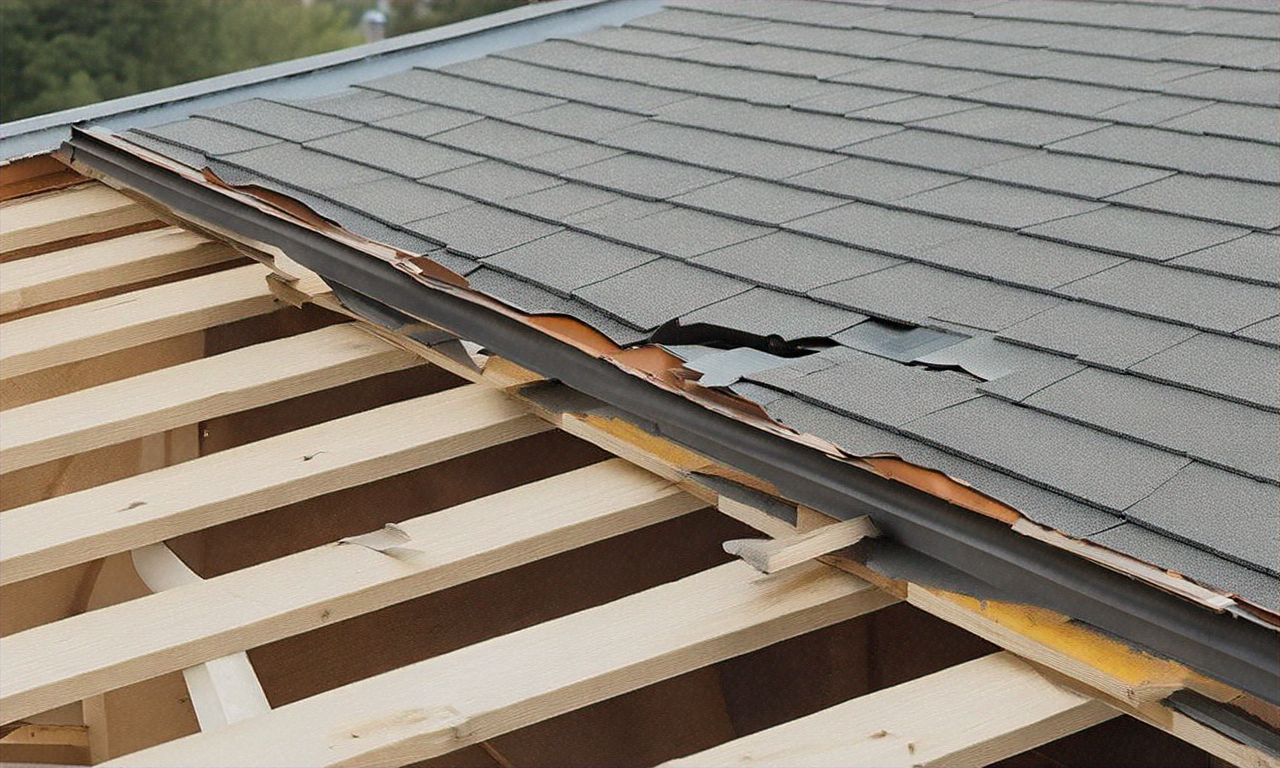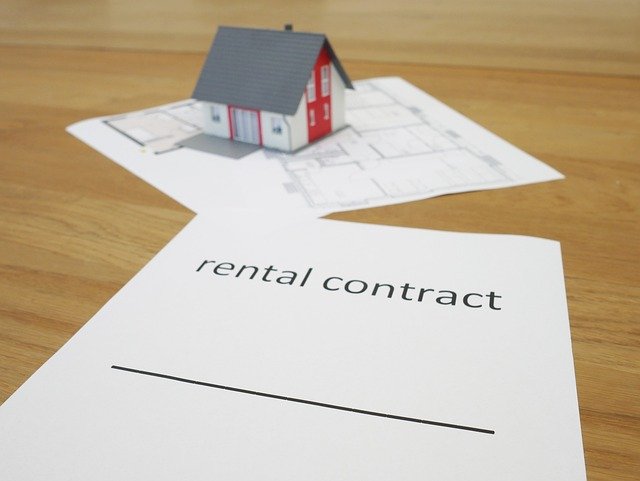The Complete Guide to Roofing Services: When to Hire, Types, and Costs
Roofing is one of the most critical components of any building structure, providing protection against the elements while contributing significantly to a property's overall value and appearance. Whether you're facing leaks, planning a new construction, or simply considering an upgrade to improve energy efficiency, understanding when and how to engage roofing services is essential. This comprehensive guide explores everything from recognizing when professional help is needed to understanding different roofing materials and managing costs effectively.

When Should You Hire Professional Roofing Services?
Timing is crucial when it comes to roofing work. Minor issues can quickly escalate into major problems if left unattended. Consider hiring professional roofing services when you notice water stains on your ceiling or walls, which typically indicate leaks. Missing, cracked, or curling shingles are clear signs that repairs are needed. After severe weather events like hailstorms or hurricanes, a professional inspection is highly recommended, even if damage isn’t immediately visible. Additionally, if your roof is approaching or has exceeded its expected lifespan (typically 20-30 years for asphalt shingles), it’s wise to consult with professionals about replacement options. Regular maintenance checks every 2-3 years can help identify potential issues before they become serious problems.
What Are the Different Types of Roofing Materials Available Today?
The roofing industry offers diverse materials suited to various climates, architectural styles, and budgets. Asphalt shingles remain the most popular option in many regions due to their affordability and relatively simple installation process. Metal roofing has gained significant popularity for its exceptional durability (50+ years lifespan) and energy efficiency. Clay and concrete tiles offer distinctive aesthetic appeal and excellent longevity but require stronger structural support due to their weight. Slate provides a premium, elegant appearance with extraordinary durability, sometimes lasting over a century with proper maintenance. Wood shakes and shingles deliver a natural, rustic charm but require more maintenance and may face restrictions in fire-prone areas. For flat or low-slope roofs, options include modified bitumen, built-up roofing (BUR), and increasingly popular single-ply membranes like TPO (Thermoplastic Polyolefin) and EPDM (Ethylene Propylene Diene Monomer).
How Do You Evaluate and Choose the Right Roofing Contractor?
Selecting the right roofing professional is arguably more important than choosing the material itself. Start by verifying proper licensing, insurance coverage (including workers’ compensation and liability insurance), and business credentials. Request and carefully review references from past clients, particularly those with similar projects. Experienced contractors will provide detailed written estimates covering materials, labor, start/completion dates, and warranty information. Be wary of unusually low bids, as they often indicate substandard materials or workmanship. Local contractors generally offer advantages in terms of accessibility, familiarity with regional building codes, and established relationships with suppliers. Check online reviews and ratings from sources like the Better Business Bureau, but remember to look for patterns rather than focusing on isolated reviews. Professional certifications from manufacturers (like GAF Master Elite or Owens Corning Preferred Contractor status) indicate specialized training and higher standards.
What Maintenance Can Extend Your Roof’s Lifespan?
Proactive maintenance significantly extends a roof’s functional life while reducing long-term costs. Schedule professional inspections at least every 2-3 years, with additional checks following severe weather events. Keep gutters and downspouts clean and properly attached to prevent water damage. Trim overhanging branches that could damage shingles or allow animal access to your roof. Address moss and algae growth promptly using appropriate cleaning solutions or by installing zinc or copper strips near the roof peak. Replace damaged or missing shingles immediately to prevent water intrusion and more extensive deterioration. Ensure proper attic ventilation and insulation, as these factors significantly impact roof performance and longevity by regulating temperature and moisture levels. For flat roofs, regular cleaning to remove debris and standing water is essential to prevent deterioration and leaks.
What Innovations Are Changing Modern Roofing Services?
The roofing industry continues to evolve with technological advancements enhancing both products and services. Solar-integrated roofing systems now offer seamless incorporation of energy production with traditional roofing protection. Cool roof technologies reflect more sunlight and absorb less heat, significantly reducing cooling costs in warmer climates. Advanced synthetic materials increasingly mimic the appearance of natural materials like slate and wood while offering superior durability and fire resistance at lower weights and costs. Drone technology has revolutionized roof inspections, allowing for safer, more detailed assessments without the need for physical roof access. Digital measurement tools provide more accurate material estimates and project quotes. Smart roof monitoring systems can now detect leaks and damage before they become visible inside the building, potentially saving thousands in repair costs through early intervention.
What Are the Average Costs for Different Roofing Services?
Roofing costs vary significantly based on materials, labor rates, roof complexity, and regional factors. For a standard 2,000 square foot home, asphalt shingle replacement typically ranges from $8,000 to $15,000. Metal roofing installation costs approximately $12,000 to $30,000 for the same size home. Premium materials like slate or tile can cost between $25,000 to $50,000 or more. Roof repairs are considerably less expensive, with minor repairs starting around $300 and major repairs potentially reaching $7,000, depending on the extent of damage and materials needed.
| Roofing Service | Average Cost Range | Factors Affecting Cost |
|---|---|---|
| Asphalt Shingle Replacement | $8,000 - $15,000 | Home size, pitch, location |
| Metal Roof Installation | $12,000 - $30,000 | Metal type, complexity, size |
| Slate/Tile Installation | $25,000 - $50,000+ | Material quality, structural requirements |
| Minor Repairs | $300 - $1,500 | Damage extent, accessibility |
| Major Repairs | $1,500 - $7,000 | Area affected, underlying damage |
| Roof Inspection | $150 - $400 | Home size, inspection detail level |
Prices, rates, or cost estimates mentioned in this article are based on the latest available information but may change over time. Independent research is advised before making financial decisions.
When comparing roofing services in your country, consider that national companies often provide standardized service quality and may offer better warranty terms, while local roofers typically offer more competitive pricing and personalized service. Material availability and regional climate considerations also significantly influence both costs and optimal roofing choices for your specific location.
Conclusion
Investing in quality roofing services is one of the most important decisions a property owner can make. By understanding when professional intervention is necessary, familiarizing yourself with material options, carefully selecting qualified contractors, and maintaining your roof properly, you can protect your investment for decades to come. While costs may seem significant initially, quality materials and workmanship ultimately provide better long-term value through extended lifespan, improved energy efficiency, and enhanced property value. Whether you’re addressing immediate repairs or planning a complete replacement, informed decisions about roofing services translate directly to better protection and performance for your entire property.




